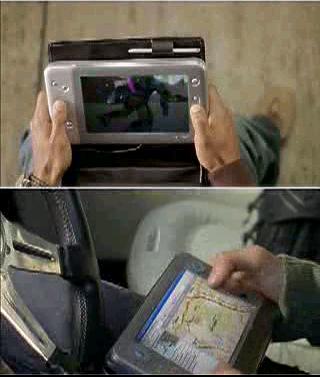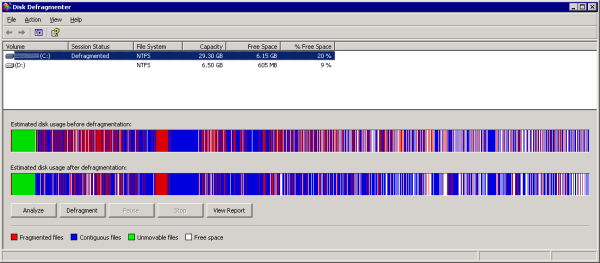I’ve discovered that though Way Of The Rodent started publishing Jeff Minter’s auto-biographical history of Llamasoft, there’s actually more on the Llamasoft web site.
I’d thought I was good at Space Invaders until I met Chico. He was so good at Space Invaders that he could play it forever – it was no longer a challenge to him at all. So if he played the game at all he’d set himself some task that us mere mortals simply could not even begin to comprehend. Shooting all the Invaders was too simple. He’d time his shots so precisely that he could shoot individual Invaders out of the flock to eventually form his initials from the remaining attackers.

 Could this be Microsoft’s attempted iPod killer? Origami. Clues on a vague
Could this be Microsoft’s attempted iPod killer? Origami. Clues on a vague 